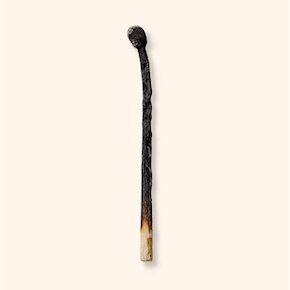
O is for Oblomov
Oblomov is the infamous anti-hero of the Russian writer Ivan Goncharov’s eponymous novel, published in 1859. He is best known for being an incorrigible slacker. We first encounter him wrapped in his threadbare Oriental dressing gown, refusing to get out of bed. His eyes glide wearily across the dusty objects in his derelict bedchamber. Around...
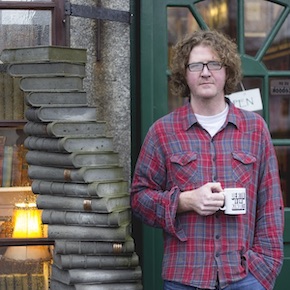
Festival fever
Shaun Bythell, who has been running The Bookshop in Wigtown for over twenty years, dips back into his diaries for more hilarious day-to-day encounters with the dedicated antiquarians, casual visitors and frequent browsers who come by to interrupt the anticipated contemplative idyll of his working life with requests that range from the curious and insightful...
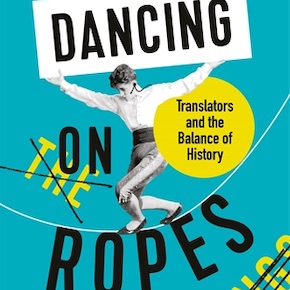
Fifty per cent of Borges
“For nearly the past three years, I have been lucky to have my own translator by my side,” Jorge Luis Borges wrote in 1970, “and together we are bringing out some ten or twelve volumes of my work in English, a language I am unworthy to handle, a language I often wish had been my...
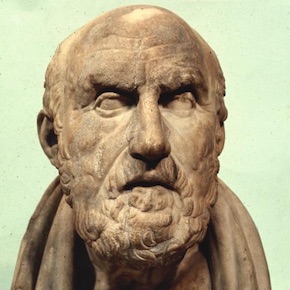
Don’t just think about it – how thoughts can be life’s actions
The ancient Greeks, and the Romans in their wake, loved to think. They were enchanted, startled and astonished by the world around them, not only by its wondrousness, but also by its terrifying vastness, inscrutable perils, its dark mysteriousness and unknowingness. They found a sense of thrill and exaltation in the perusal of magnitude and...
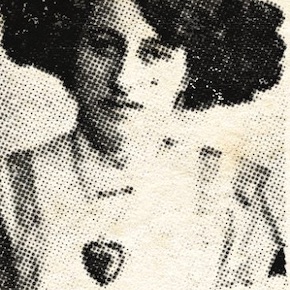
Lost souls
Suzanne O’Sullivan’s The Sleeping Beauties (Picador) is utterly fascinating. It reminds us that the brain is a wonderful and powerful thing and we have a long way to go before understanding it fully. Suzanne, a consultant in neurology, delves into cases that doctors and scientists have struggled to explain. Why are refugee children in Sweden...
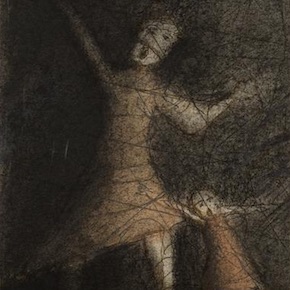
“We can fight with the mind”
Sybil Oldfield’s The Black Book: The Britons on the Nazi Hitlist is, at first sight, an anthology of lives under terrible threat – a breathless, deeply personal, yet unflinching account of an impressive array of the many biographical journeys, the individual circumstances and diverse fates that earned 2,619 men and women an uncoveted place on...
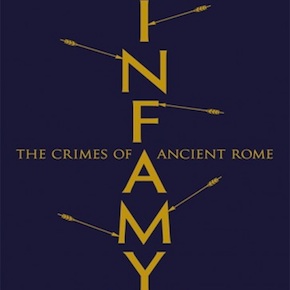
Not quite the way to the stars
“O, it is excellent / To have a giant’s strength; but it is tyrannous / To use it like a giant.” Shakespeare certainly knew his Romans; even though the lines that capture so brilliantly – and devastatingly – the allure of power and its raw brutality come from Measure for Measure, they could well have...

Shadows and elevations
With his camera and notebook, Jack London circles Hawksmoor’s Christ Church. He does not look up at the portico, the threatening mass of columns, ledges and alcoves. The Mayan dagger of the steeple. He does not step beyond the defensive railings. He stays outside. A photograph from distance, in which men are sprawled, sick or...

The wisdom of parrots
Govind Puri, in south Delhi, is home to the modestly aspirational. People move through its alleys with a sense of purpose. Young men press by on motorbikes; screechy horns announce their arrival. Acrid fumes linger. Uniformed children bustle past. Houses are neat but ramshackle, their ceilings low. In the tiny, single-roomed home of Bhim Joshi,...
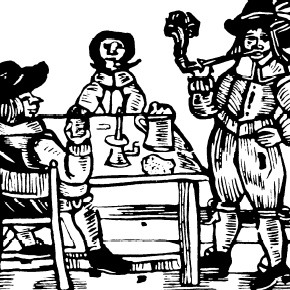
Opening night at Shakespeare’s Globe
The Time Travel Handbook offers eighteen exceptional trips to the past, transporting you back to the greatest spectacles in history. You can join Henry VIII at the Field of the Cloth of Gold; march on Versailles with the revolutionary women of Paris; sail with Captain Cook to Tahiti and Australia; hang out at Xanadu with...
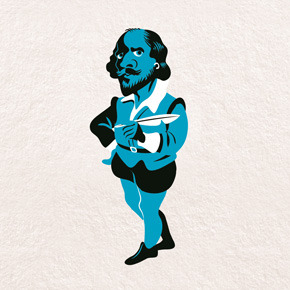
A legacy like no other
Shakespeare has mattered ever since his name first appeared in print in 1593 with his erotic and entertaining poem ‘Venus and Adonis’. He was 29 years old. For much of the poem the goddess of love is naked and begging for sex before Adonis, but he resists her advances. ‘Venus and Adonis’ was a sensation...


